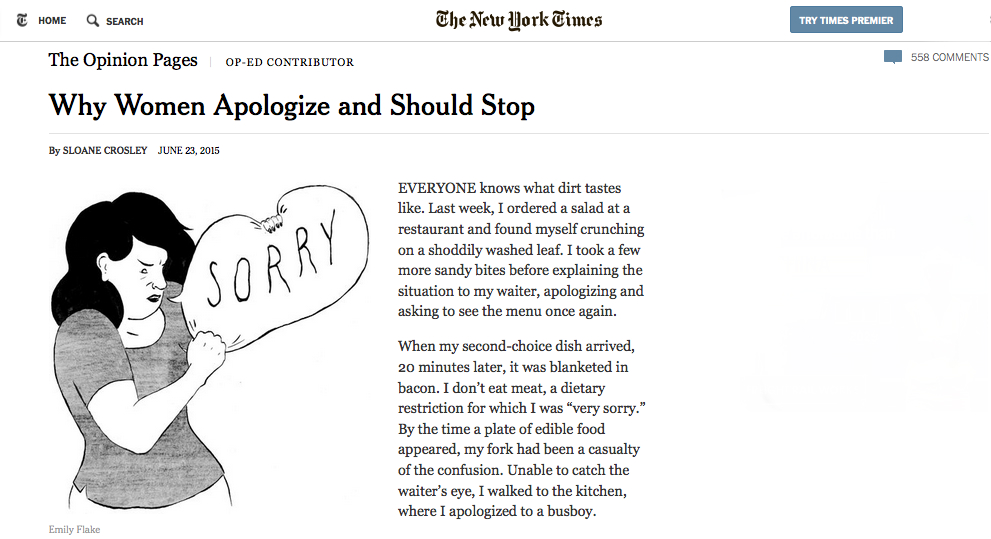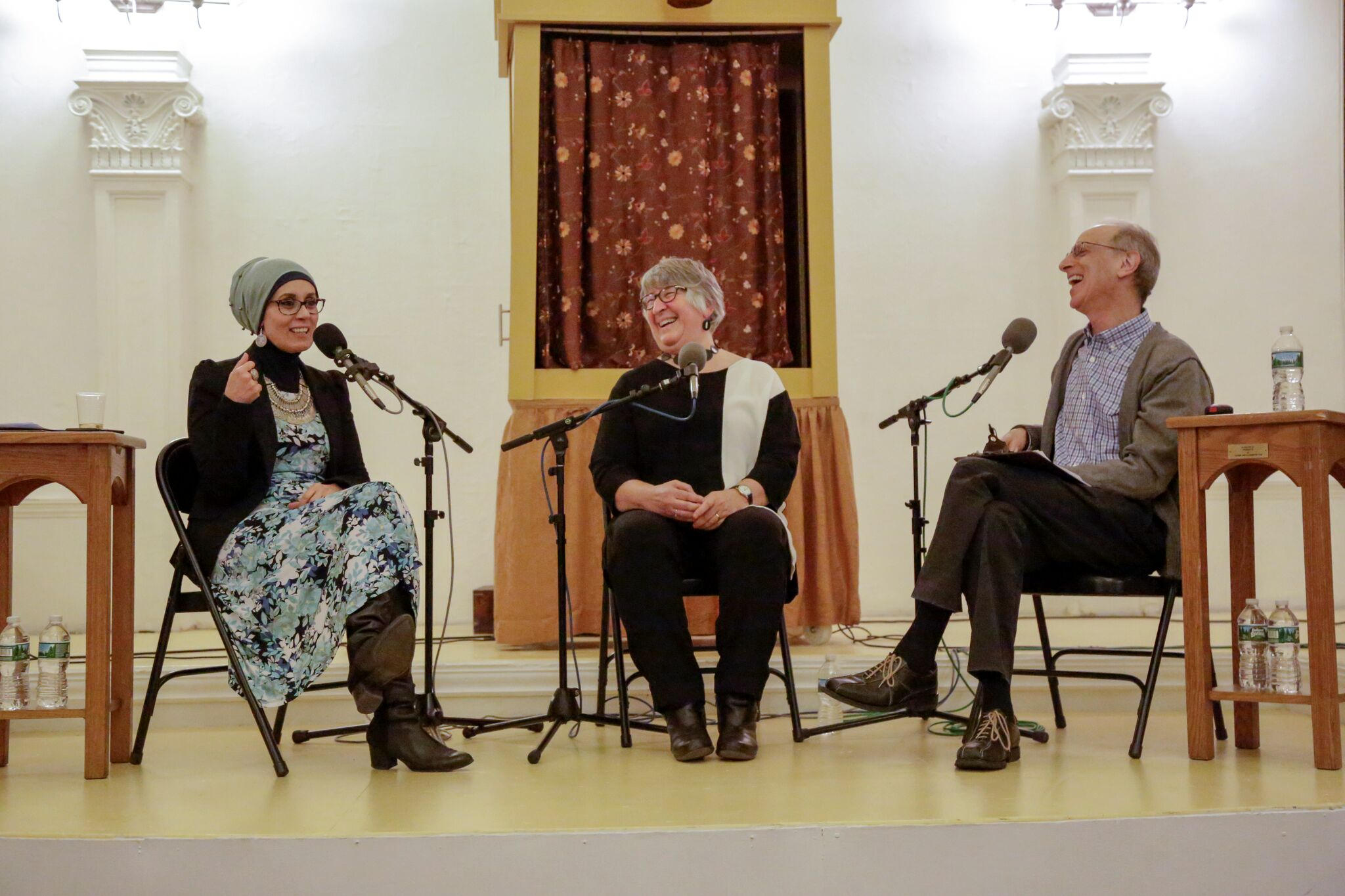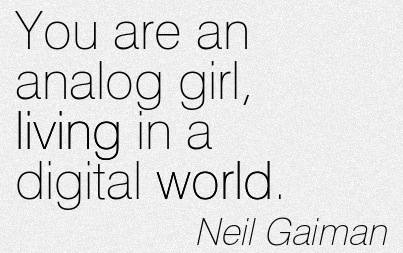In a NY Times op-ed published yesterday, Sloane
The commonly accepted explanation is that women don’t want to be seen as rude and thus temper our statements with an apology. But Crosley believes that’s not a sufficient explanation:
The bend-over-backward compulsion to avoid giving offense might account for plenty of unnecessary “pleases” or “excuse me’s,” but it doesn’t sufficiently account for the intensity of a “sorry.”
…To me, they sound like tiny acts of revolt, expressions of frustration or anger at having to ask for what should be automatic.
Essentially, “sorry” is a placeholder for angry language or direct, declarative statements and “a tactic left over from centuries of having to couch basic demands in palatable packages in order to get what we want.”
Crosley’s piece, to be more precise, is more about what we are doing when we apologize. The psychologist in me wants to see a study that tests her hypothesis to see if it holds up.
Her recommendation to stop apologizing does not match up with her explanation, however. If the reason we feel the need to obscure our requests is because being direct with others (particularly men) was/has not effective, then asking women to make direct statements does not solve the problem. Crosley places the onus on women to individually change, when it seems more like a structural issue in gender relations.
So how we do change this?





